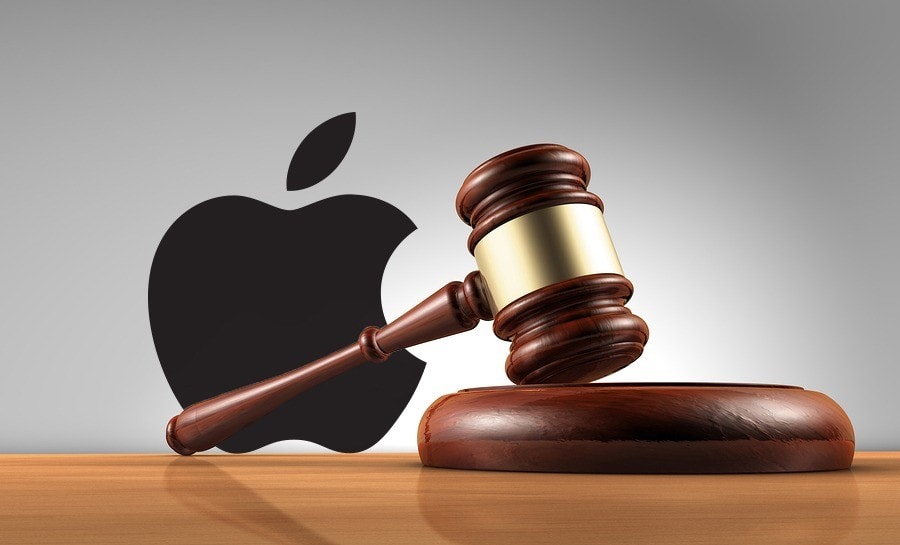In a significant move that has stirred the tech community, the U.S. Department of Justice (DOJ) filed a lawsuit against Apple, casting a glaring spotlight on the iPhone maker’s relentless efforts to stifle competition and innovation. Central to the lawsuit is Apple’s battle against Beeper, a startup that dared to bridge the messaging gap between iOS and Android users by reverse-engineering the iMessage protocol. This bold initiative aimed to provide Android users access to the coveted end-to-end encrypted messaging service, historically exclusive to the Apple ecosystem.

Beeper’s ambition, however, was met with formidable resistance from Apple, triggering a cat-and-mouse game that saw Beeper’s innovative solutions being systematically dismantled by Apple’s strategic maneuvers. The DOJ’s lawsuit portrays this skirmish as a microcosm of a larger issue: Apple’s alleged anticompetitive practices that go beyond messaging apps to the realm of smartwatch compatibility. According to the DOJ, Apple not only thwarted Beeper’s efforts but also systematically degraded the functionality of third-party smartwatches, thereby undermining cross-platform innovation and consumer choice.
The DOJ’s allegations raise a critical question about the nature of competition and innovation in the tech industry: How valid are claims that Apple’s actions — specifically its blockade against Beeper and its restrictive approach to cross-platform compatibility—constitute anticompetitive behavior? The evidence suggests a concerning pattern where Apple, under the guise of protecting user security and privacy, engages in practices that effectively insulate its ecosystem from competition. This not only limits consumer choices but also stifles technological innovation, creating a landscape where third-party developers are discouraged from introducing interoperable solutions that challenge Apple’s dominance.
Apple’s justification centers on security and privacy concerns — a non-trivial consideration in today’s digital age. However, the systematic effort to disable or degrade third-party solutions underlines a strategic intent to maintain market hegemony, arguably at the innovation and consumer choice’s expense. The DOJ’s spotlight on Apple’s practices serves as a pivotal moment for the tech industry, questioning the balance between ecosystem security and the open innovation essential for technological advancement and consumer empowerment.

